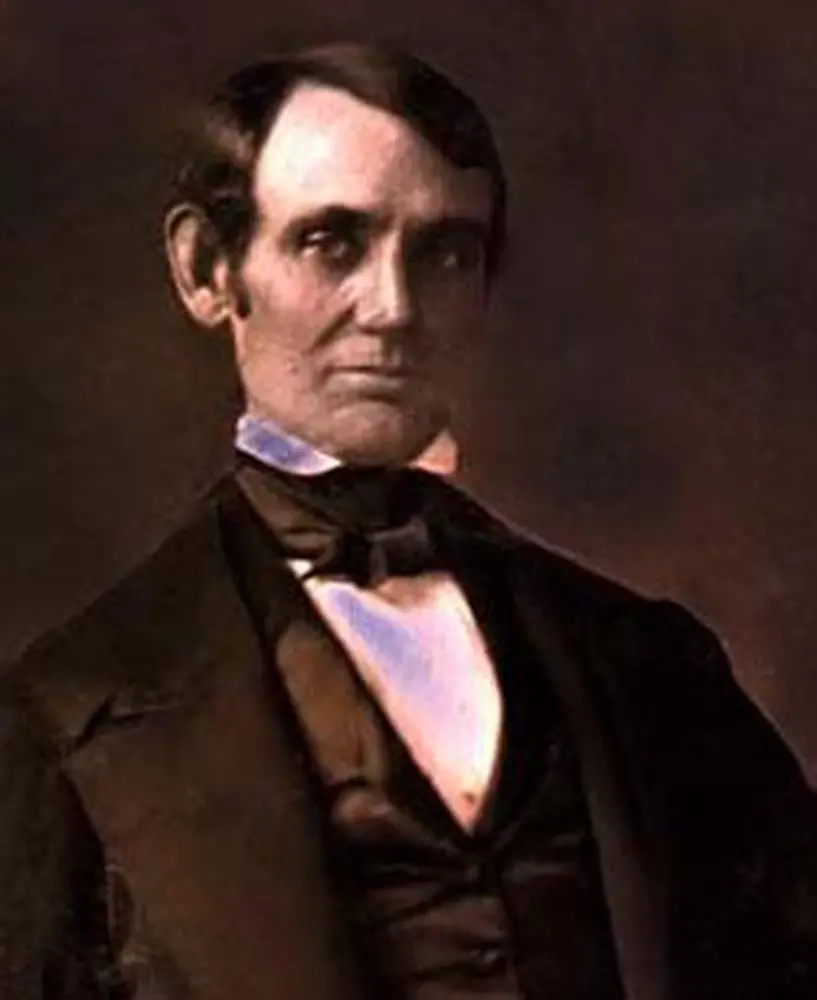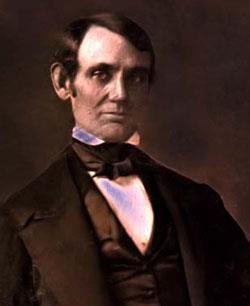
By Vernon Burton
Dr. Burton is a professor emeritus of history, sociology, and African American studies at U of I and is the author of Age of Lincoln.

The first known public writing of Abraham Lincoln suggests much about the hardworking, aspiring politician. Only in 1830 had Abraham Lincoln moved with his father from Indiana to Illinois. Leaving his father’s home after he was legally of age, he liked to explain that he was like “floating driftwood” that washed up on the banks of the Sangamon River at New Salem.
He had lived in New Salem, Ill., only half a year and was not quite a month into his 23rd year, when he announced in the Sangamo Journal his ambition to be elected a Whig representative to the Illinois General Assembly. In the announcement, he discusses his need for the esteem of his community, a trait scholars attribute to “honor,” a trait some of us attribute to his southern heritage. He discusses the need for internal improvement, reflecting the influence of Kentuckian Henry Clay. His discussion of the comparative advantages of railroads and water transportation reveals his practical bent. Although clearly enamored with railroads and their potential for modernizing the United States, he argues that navigation on the Sangamon River makes more sense for New Salem. He iterates his concern about a pressing issue of the day: rising and usurious interest rates.
Lincoln, who had less than a year’s formal schooling, strongly supports public education, believing education “the most important subject which we as a people can be engaged in.” With a humility that would become a telling Lincolnian turn, he admits to his youth and inexperience, and assures the public that if he is wrong on his ideas, he is willing to change his mind. Even at this young age, Lincoln was prepared to consider and weigh ideas different than his own.
Lincoln lost this first bid to the Illinois legislature, but was elected two years later in 1834 with the second highest number of votes cast among 13 candidates and re-elected in 1836, receiving the most votes of any candidate.
Read the other monthly essays in this special commemorative series.
- October 13
- Lincoln’s Rhetorical Worlds, Professor Michael Leff
- November 11
- Lincoln Lecture, Professor Robin Blackburn